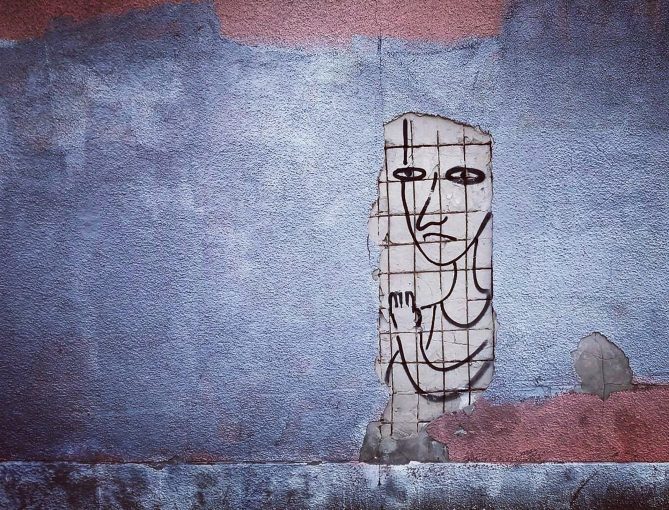
Thursday (1/4) Promovendus Club, Doctoral Program in Psychology held an event entitled “Psychological Recovery of Children in Conflict with Law in the Context of Restorative Justice in Schools”. This event is part of the colloquium which is held regularly two weeks by the Promovendus Club online.
The event takes place from 09.00 to 10.45 WIB. Participants who attended this event were 80 people.
The speakers for the bi-weekly colloquium on this occasion were Dr. Putri Marlenny Puspitawati, M.Psi., Psychologist. On this occasion, he presented his research theme on how to ideally handle children after dealing with the law so that the psychological needs of children are not neglected and can be re-accepted in a positive healthy social environment.
When a child violates the law, it will have psychological effects even though the child has finished undergoing the legal process. This makes it difficult for children to recover psychologically and socially.
“Some even reached school refusal, the rejection of school and their self-concept was getting negative,” added Putri.
Putri explained the facts on the ground that the cases of children in conflict with the law in Indonesia are increasingly concerning. Commissioner for the Indonesian Child Protection Commission (KPAI) Jasa Putra stated that in the past five years there have been more than 8,200 cases of children dealing with the law. This of course requires proper handling so that children’s rights are protected.
According to the Law of the Republic of Indonesia number 11 of 2012, regarding the juvenile criminal justice system, children who are faced with the law have the right to be treated humanely with due regard to the needs according to their age, different from adults, namely not being arrested, detained, or imprisoned except as a last resort and in a short time and receive parental / guardian assistance.
“What are the logical considerations when the formal legal process is applied? The characteristics and motivation of children to commit crimes are different from those of adults. Where the characteristics of children who commit crimes in terms of cognitive function, mental condition, personality characteristics are also different,” explained Putri.
Other logical considerations, according to Putri, are the negative impact of the long legal process, the future of the child, the needs of the child during their growth and development, and the fulfillment of children’s rights. This also affects the shift in the paradigm of the law enforcement process from retributive justice, to restitution justice, and finally restorative justice that has been in effect until now.
The development of the restorative legal paradigm, according to Putri, is also implemented in Indonesian legislation. Restorative justice is also described in RI Law no. 11 of 2012 concerning the Juvenile Criminal Justice System Article 1 paragraph (6) in which it emphasizes restoration to its original state, not retaliation.
However, the implementation of restorative justice in Indonesia has not run optimally. This can be seen from the imbalance in the recovery process between victims and perpetrators.
“Recovery in an administrative context still focuses (only) on victims, nothing is related to the perpetrator. And on our own in the field, the concept of recovery in regulations in Indonesia still depends on Government Regulation number 40 (2011) and so on. So there is no relation to what context (what) should be restored,” said Putri.
In the last session, Putri explained that there is still no research on the context of restorative justice in Indonesia in handling violence in schools. This of course needs the attention of all parties because violence in schools is also a thorny problem in this country.
In the question session the participants were quite interactive asking about research on restorative legal paradigms from a psychological perspective on the presenters. In addition to answering questions from participants, Putri also invited participants to actively participate in research related to the restorative law paradigm and its implementation in children who are in conflict with the legal process.
